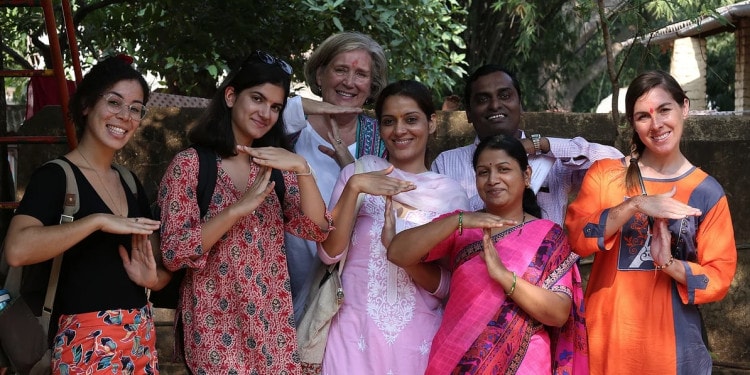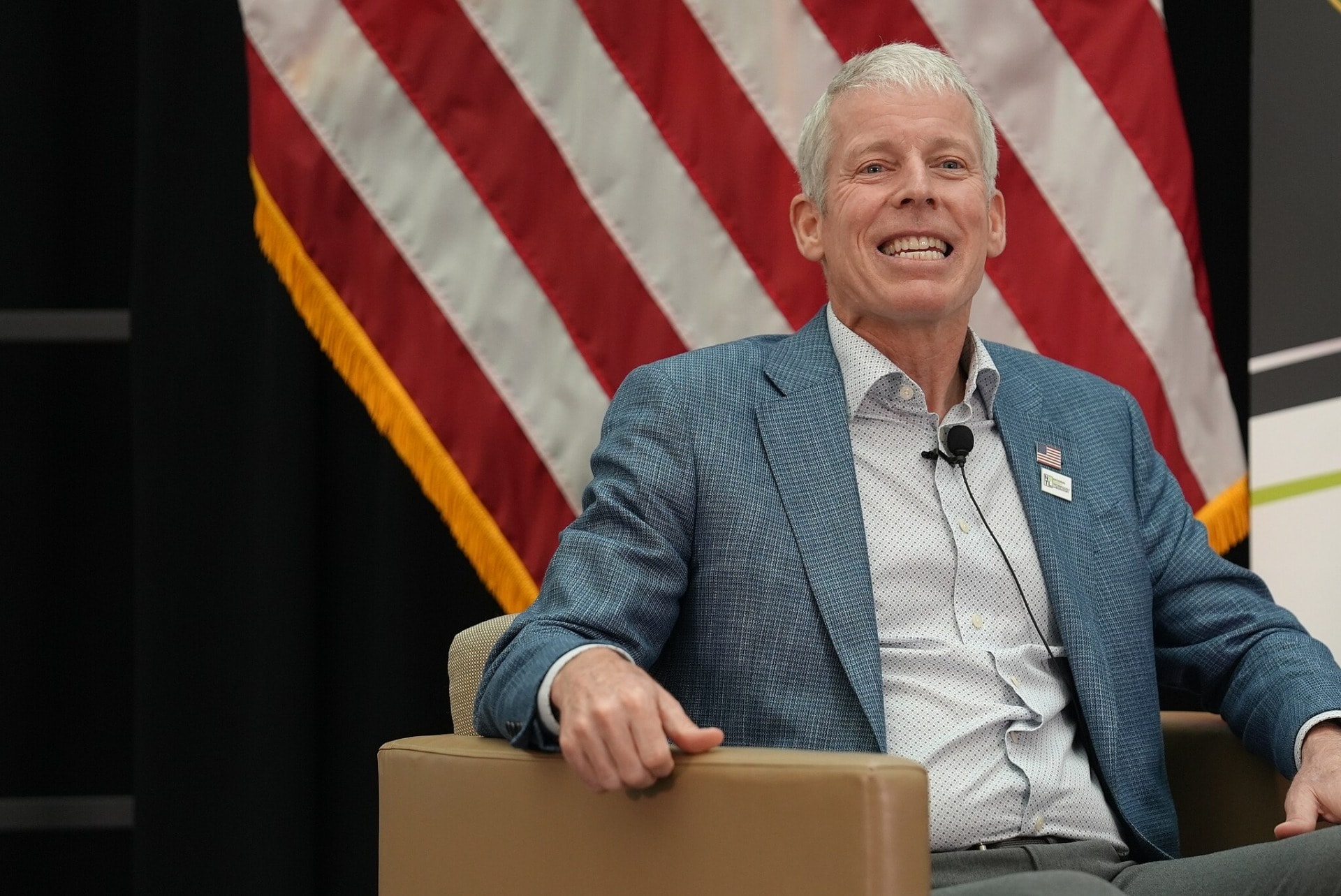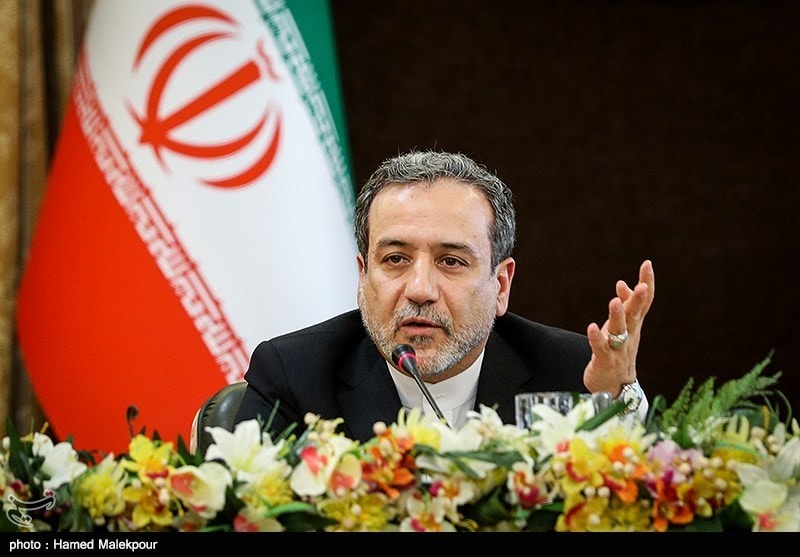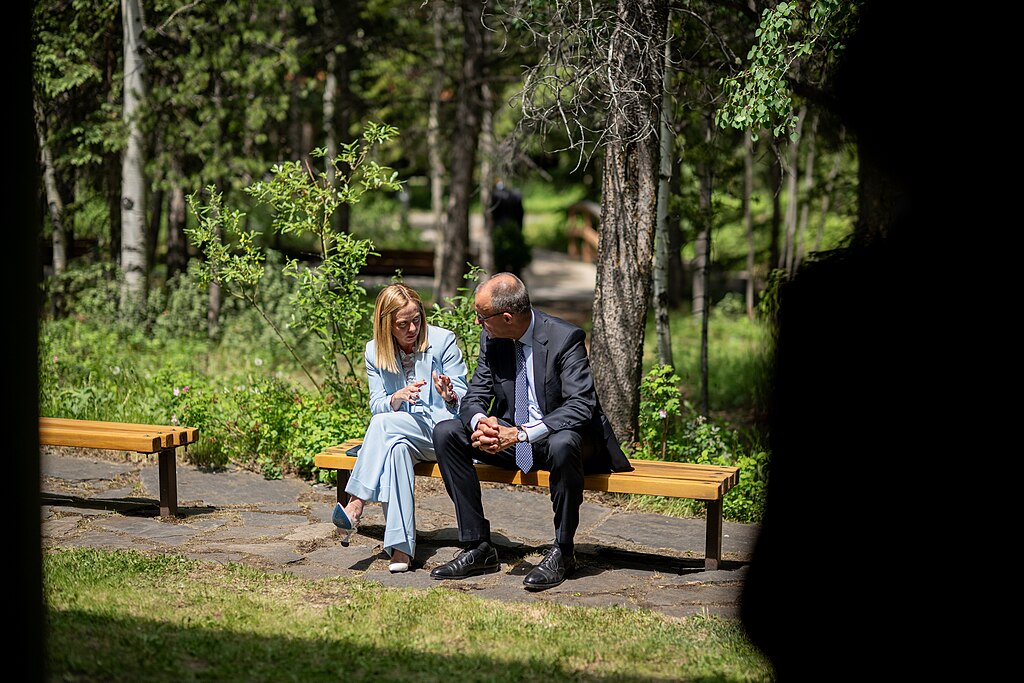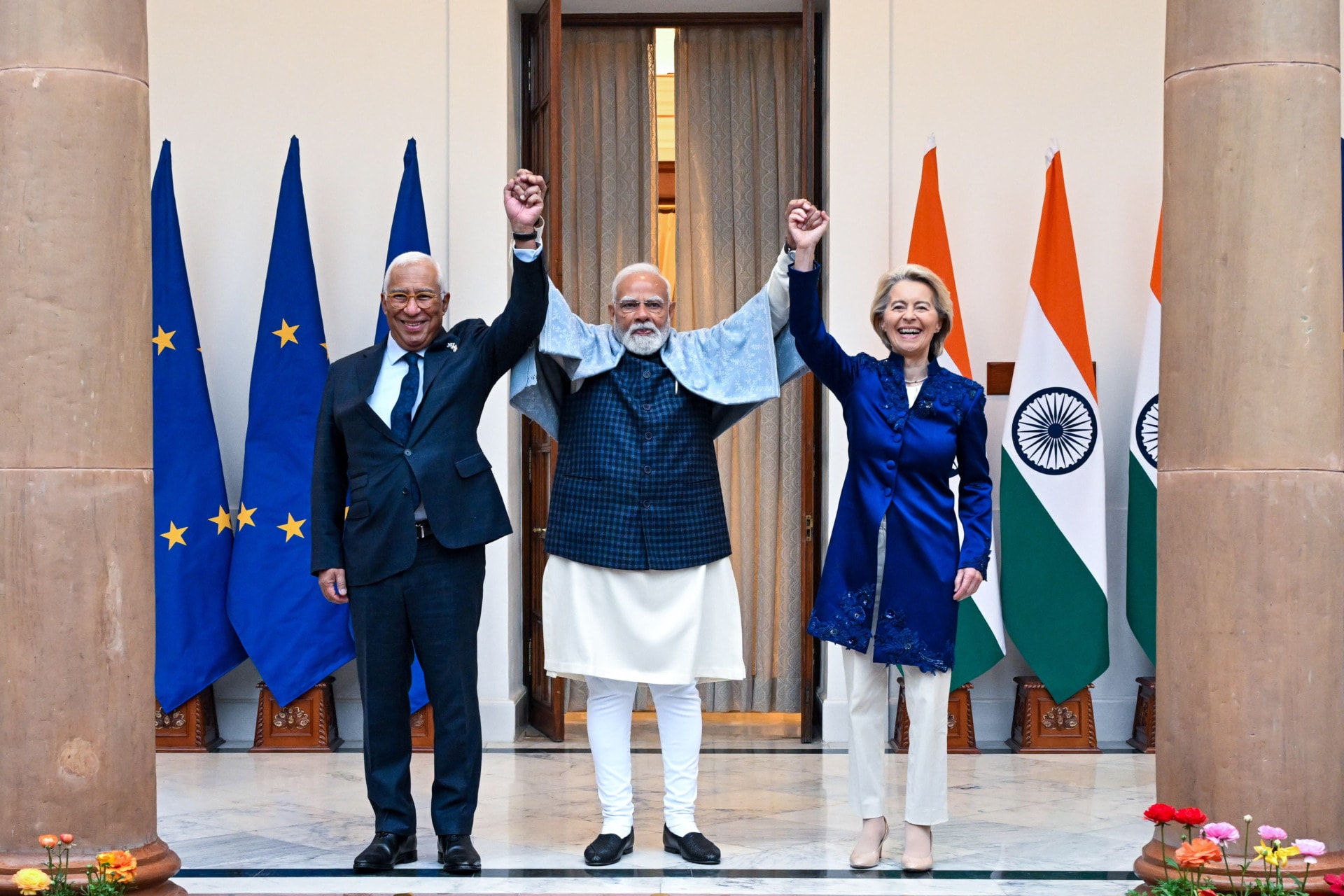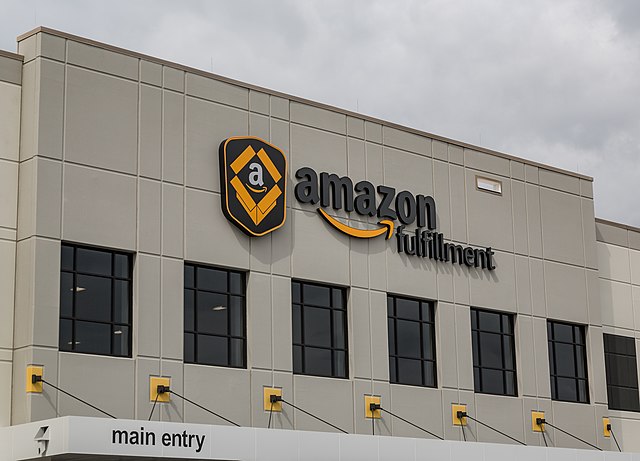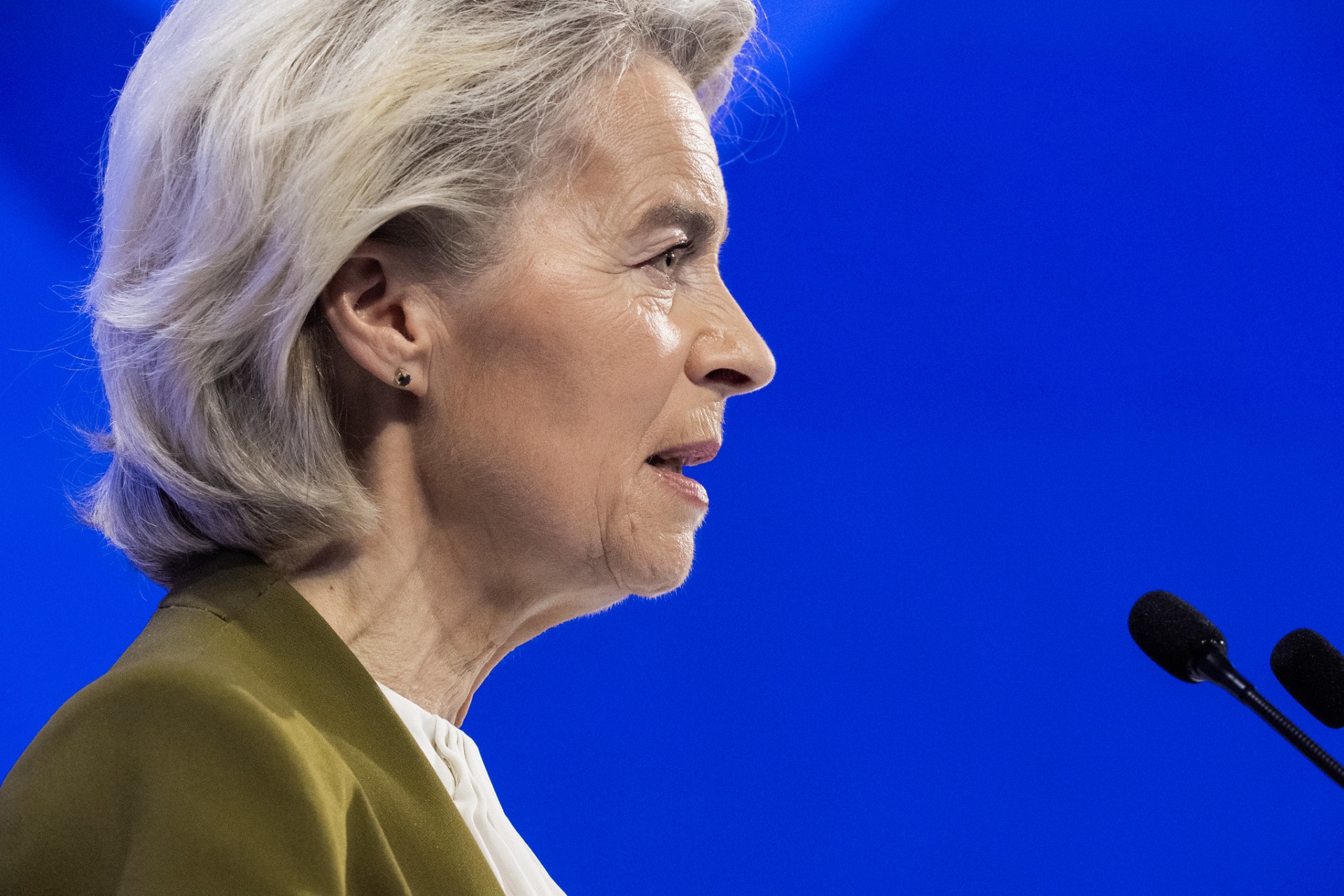Through globalization, the world is becoming increasingly interrelated, as is the chance to volunteer and advocate across borders. Yet, with this interconnectedness comes difficulties as well as perils.
Many programs that advertise the opportunity to volunteer abroad come with a steep price tag– U.S. News and World Report suggest it could be upwards of 2,000 dollars. For those who want to enact social good such expensive programs or even traveling on their own is too unrealistic.
There is an even darker side to travel opportunities that are volunteer and humanitarian based. The UN Guidelines on Alternative Care of Children state that both parents must be concretely established as harmful to the well being of their child. Yet, there has been a surge of orphanages and the children in them that do not fit within the UN guidelines in tourist-heavy areas, according to thecode.org. Further, in many countries where policies and regulation are more relaxed, sexual offenders can with great ease volunteer in orphanages.
Based in India, TribesforGOOD offers guidance for those who wish to make a positive change in the world, without breaking their bank or harming local communities. The company offers a Social Impact Journey, which allows participants to travel to India and lend their own strength to assist with social innovators and entrepreneurs. We reached out to Mandeep Kaur, one of the Co-founders of TribesforGood to find out more about this project.
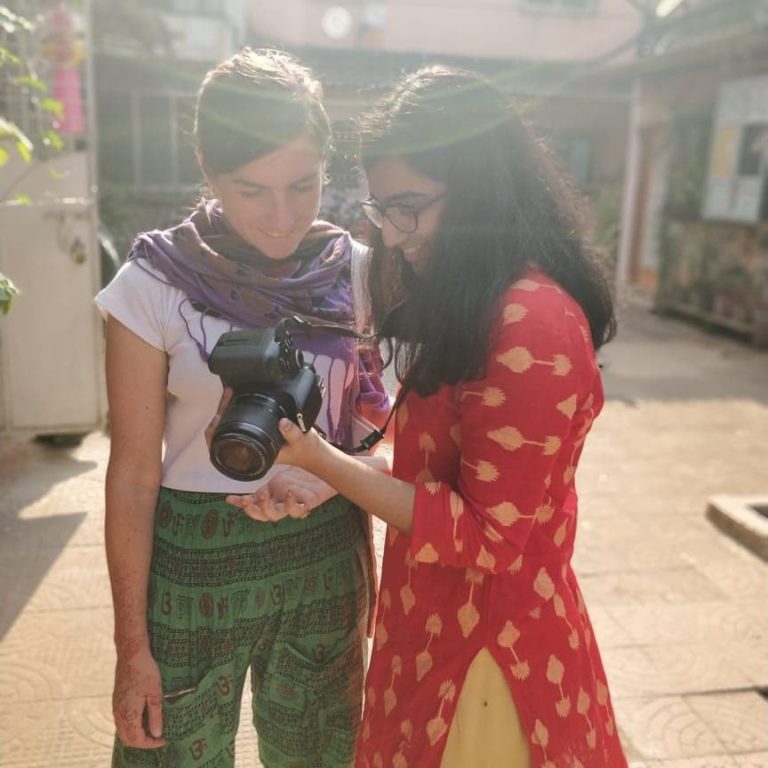
How and why did TribesForGOOD first start?
Mandeep Kaur: Our world is full of those wanting to make an impact with little direction on where to begin. Usually, people opt for volunteering opportunities or traveling abroad to volunteer (usually in Asia or Africa). This is called Volunteer Tourism (also referred to Voluntourism), where volunteer opportunities are created for individuals without vetting the social-change organizations or charities and measuring the impact of volunteering work done.
Voluntourism gained negative media attention with the revelation of child exploitation among volunteers in orphanages in developing countries. Also, with the #nowhitesaviours movement that spoke to the excessive number of unskilled volunteers working in developing communities.
TribesForGOOD aims to provide a more sustainable solution by pairing participants with understaffed social enterprises, enabling skill development and first-hand experience.
Editor’s Picks — Related Articles:
 “A Look Inside the 6 Types of Social Enterprise”
“A Look Inside the 6 Types of Social Enterprise”
 “Changing Our Approach Towards Charity”
“Changing Our Approach Towards Charity”
Can describe what the project does?
M. K. : TribesForGOOD is shaking up the volunteer industry by introducing a new concept, Volungearing, which is the idea of gearing up individuals to successfully offer their skills in the social impact sector.
For the traveler who wants to travel and work, we organize Social Impact Journeys consisting of both practical and theoretical elements. This allows participants to gain a deeper understanding of relevant social, environmental, and economic issues facing India and the international community. The journeys last from one to two weeks. The Volungearing solutions offer remote consulting opportunities to work with 50 understaffed organizations in India.
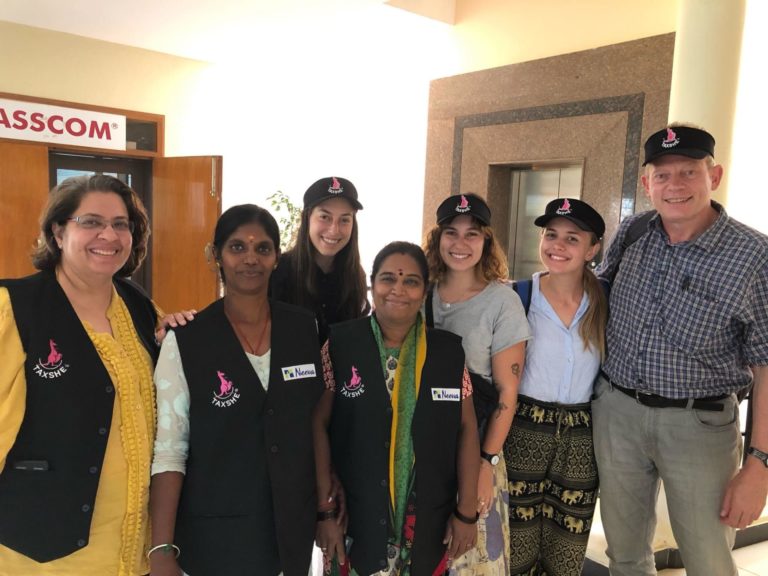
How many people, so far, are involved with the project?
M. K. : We have had a steady stream of clients. This number is changing gradually as we are getting interest from universities and corporations.
What is the impact envisioned for TribesforGOOD?
M. K. : The impact of our work is two-fold. Firstly, to enable changemakers and the second is to bridge the talent gap for understaffed grassroots changemakers. By 2021, TribesforGOOD aims to reach 1 million beneficiaries.
If you are interested in checking out or getting involved with TribesforGOOD, visit them here.
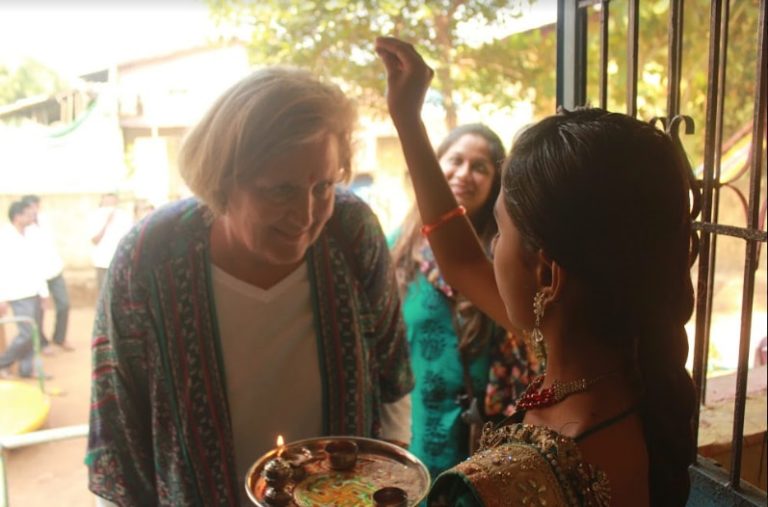
In the cover picture: Participants and community members meet and work together, exhibiting the T for the company’s eponymous tribe. Photo Credits: TribesforGOOD
Editors Note: The opinions expressed here by Impakter.com columnists are their own, not those of Impakter.com


